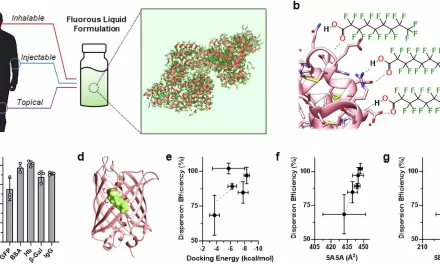New Delhi, July 30, 2024 – Amid a surge in cancer cases, health experts have raised alarms, revealing that one in nine Indians faces a lifetime risk of developing cancer. However, they emphasize that most of these cases can be prevented through early detection and lifestyle changes.
According to the Apollo Hospitals’ recent “Health of Nation Report,” India has been dubbed the “cancer capital of the world.” The report predicts a rise in annual cancer cases from nearly 1.4 million in 2020 to 1.57 million by 2025. This disturbing trend highlights the urgent need for comprehensive government measures to address the underlying causes and implement effective prevention and treatment strategies.
Major Contributors to Rising Cancer Rates
Dr. Indu Aggarwal, Head of the Department of Preventive Oncology at Rajiv Gandhi Cancer Institute and Research Centre (RGCIRC), identified tobacco consumption as the leading preventable cause of cancer in India. “Nearly 267 million adults use tobacco, which is linked to a high incidence of oral, lung, and other cancers,” she said. Dr. Aggarwal also pointed to unhealthy dietary habits and sedentary lifestyles as significant risk factors for colorectal, breast, and pancreatic cancers.
Other contributing factors include increased life expectancy and an ageing population, which naturally leads to higher cancer susceptibility. Oncogenic infections such as Human Papillomavirus (HPV) and Hepatitis B and C viruses also play a significant role in cervical and liver cancers, respectively.
Preventive Measures and Government Initiatives
Experts stress the importance of promoting HPV and Hepatitis B vaccinations to curb cancer-related infections. Additionally, they call for increased funding for advanced cancer treatment technologies and quality post-treatment care to cater to a growing patient population and enhance the well-being of cancer survivors.
Dr. Prathmesh Pai, Director at Punyashlok Ahilyabai Holkar Head & Neck Cancer Institute of India, praised the government’s recent decision to exempt three more cancer drugs from customs duty, making treatments more affordable and accessible. “The recent Budget has seen an increase in healthcare expenditure, including reducing customs duty on essential cancer drugs. However, more needs to be done to expand healthcare schemes and improve infrastructure,” he noted.
The Role of Public Awareness and Screening
Public awareness, organized screening programs, and increased funding for cancer research are vital in combating this crisis. “Prevention and early detection are crucial. By focusing on these areas, we can significantly reduce the cancer burden and improve patient outcomes,” Dr. Aggarwal emphasized.
As India grapples with its escalating cancer crisis, the collective efforts of the government, healthcare providers, and the public will be essential in curbing this trend and fostering a healthier future for the nation.












